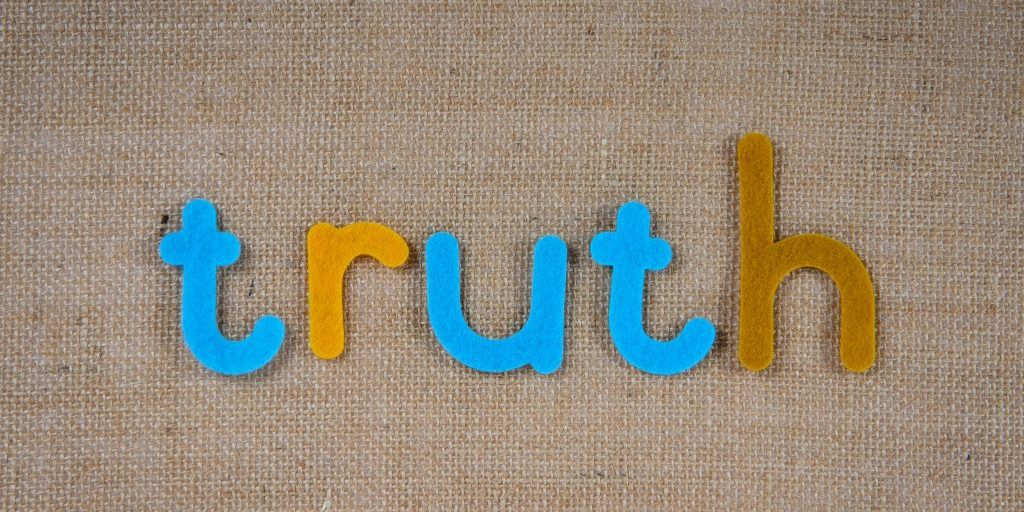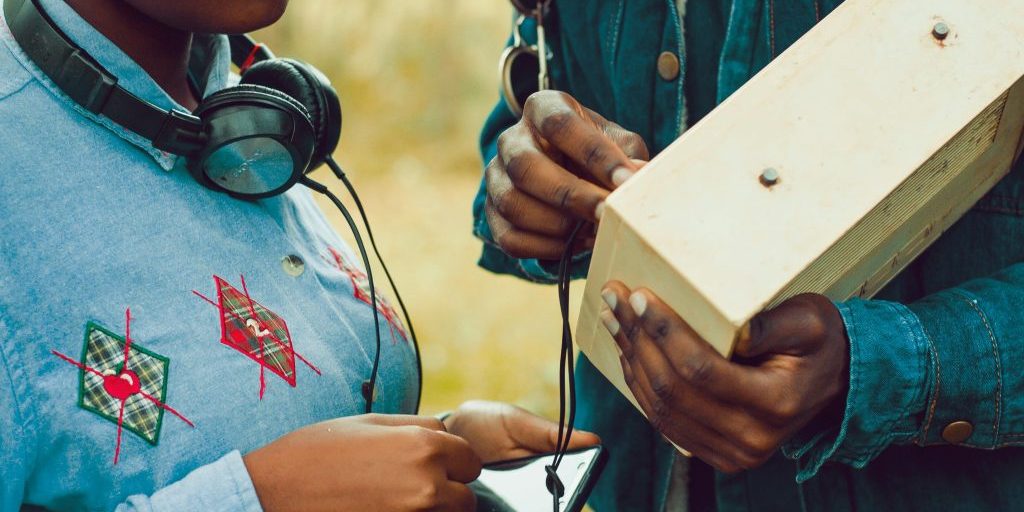Why defending information integrity should be a global priority for South Africa
PICTURE: The panel at the M20 event at the French Residence in Pretoria on 14 May 2025, from left, Liezle Wilson (moderator), Moipone Malefane (SANEF), Paula Miraglia (Momentum Journalism and Tech Task Force, Brazil), Lister Namumba-Rikhotso (Media Monitoring Africa) and Sbu Ngalwa (The African Editors’ Forum)/Michael Markovitz
Michael Markovitz
On 14 May, I attended an event at the French Residence in Pretoria that brought together diplomats, media leaders, and civil society representatives under the theme ‘From Brazil to South Africa – Putting Media Issues on the G20 Agenda’.
Hosted by French Ambassador David Martinon and featuring remarks by Brazilian Ambassador Benedicto Fonseca Filho, the event marked an important milestone in the Media20 (M20) programme.
The M20 is an independent initiative that ‘mirrors official G20 engagement groups for business, think-tanks, civil society, among others’. It is spearheaded by the South African National Editors’ Forum (SANEF) and Media Monitoring Africa, and with support from partners including the GIBS Media Leadership Think Tank, Brazil’s Momentum Journalism and Tech Task Force, and other civil society allies.
The programme aims to place media sustainability, independent journalism, and information integrity on the global agenda.
Information integrity has gained recognition as a global priority. Alongside the United Nations and rising concerns from other global bodies, the World Economic Forum’s 2025 Global Risks Report ranked mis- and disinformation as the world’s most severe short-term threat and among the top five long-term global risks.
Recognising the urgency, the M20 has published its first Policy Brief for public comment, focusing on information integrity. Drawing on the UNDP’s definition of information integrity as ‘the accuracy, consistency, and reliability of the information content, processes and systems to maintain a healthy information ecosystem’, the brief makes the case for why this framing matters.
‘The frame of information integrity, rather than other conceptions, offers opportunities for independent news media. First, the concept denotes an imperative to deal with threats to the integrity of information in the public domain (such as lies, hate speech and deepfakes), which puts investigative journalism and fact-checking on the agenda.
‘Second, by highlighting what is being striven for (the integrity of information), it also puts the focus on those types of information that do have integrity – of which journalism is a key component.’
In a media statement released this week, the M20 explained that its ‘objectives include aligning G20, African and Global South media organisations and journalists with the UN Global Principles for Information Integrity‘:
- ‘building capacity to report on interconnected topics like global debt, climate change and AI’
- advocating for ‘universal access to public interest journalism and media as a public good’, and
- mobilising ‘investment and structural support for independent, diverse, and credible media ecosystems’
During its 2024 G20 presidency, Brazil placed information integrity at the centre of global digital governance discussions. It helped secure a G20 Digital Economy declaration and launched a Global Initiative for Information Integrity on Climate Change.
As the incumbent G20 president, South Africa is now positioned to carry that momentum forward.
The M20 policy brief warns of a ‘perfect epistemic storm’ – a combination of shrinking media capacity, declining press freedom, and the unchecked spread of disinformation and AI-generated content
Tackling these threats requires action to defend democracy and advance other global priorities like climate action and inequality reduction.
South Africa’s own Competition Commission has already begun to confront these challenges. Its Media and Digital Platforms Market Inquiry is one of the first Global South efforts to frame platform power as a constitutional and human rights issue.
While the report is provisional, it sends a strong signal that unchecked platform dominance is not just a market problem, but a democratic one.
The Commission’s report makes it clear: defending information integrity demands action from government and independent regulators — at home, across Africa, and on the global stage.
In the United States, U.S. government and tech industry elites – often indistinguishable – have routinely dismissed all attempts to regulate platforms as censorship. Yet leaving digital spaces unregulated gives powerful actors free rein to engage in anti-competitive practices and amplify harm without consequence.
Platforms must be held accountable for how their systems spread manipulation and undermine democratic rights. However, that accountability must be grounded in human rights principles.
Authoritarian regimes around the world have exploited so-called ‘fake news’ laws to silence dissent and control independent journalism. The M20 Policy Brief warns against this, stressing that information integrity must depend on freedom of expression – not be turned into a political instrument to punish critical media or reward state-aligned outlets.
Rights-based regulation should strengthen, not weaken, democratic information ecosystems.
South Africa has experienced how disinformation can be weaponised to damage its sovereignty, economy and credibility. One of the most visible examples is the coordinated international campaign pushing the Big Lie of a ‘white genocide’ against Afrikaner farmers.
Originating with domestic groups like AfriForum and amplified globally by President Donald Trump and Elon Musk, this shameless lie has been viewed and shared hundreds of millions of times.
The damage is real – fueling racial tensions, distorting South Africa’s image abroad, and straining trade and diplomatic ties.
Less than a month after taking office, Trump suspended aid to South Africa – citing the ‘white genocide’ lie and, more tellingly, condemning South Africa for taking Israel to the International Court of Justice on well-substantiated charges of genocide in Gaza.
From the start, the case against Israel triggered threats of retaliation from Trump and his allies, who have since amplified the ‘white genocide’ lie as part of a wider effort to discredit South Africa’s stand on international law and human rights.
This is disinformation as geopolitical retribution — a strategy designed to undermine South Africa’s influence and standing
The diplomatic stakes are high as Ramaphosa prepares to meet with Trump in Washington on 21 May 2025.
Trump is expected to wield the politics of humiliation to pressure South Africa into transactional concessions on policy and trade. Yet South Africa cannot afford to compromise its constitutional commitments to black economic empowerment, land reform, or its case against Israel.
As confirmed by Presidential Spokesperson Vincent Magwenya on the eve of the visit: ‘We would not consider withdrawing (the case against Israel) because of the historical principle as well as the … legal obligation for us as a state party to act in the event where we see or even suspect a genocide maybe committed.’
While this visit carries short-term political risk, the year ahead presents a real opportunity for global leadership. South Africa’s G20 presidency in 2025 offers a platform to advance co-operation on critical challenges facing the world, including the defence of information integrity.
This is not just about market regulation or platform governance. It is about defending democratic sovereignty in an age of unchecked platform power and geopolitical interference.
Having already faced a backlash for standing up against genocide and defending human rights, the country now risks allowing weaponised disinformation to define the ‘South African story’ – undermining its national interests and weakening the wider fight for a fair and democratic information order.
South Africa’s leadership on this issue matters — not just for its own democracy, but for all, because no democracy can survive without credible information and trusted public institutions
- Markovitz is a leading expert on governance, media and tech policy. He heads the Gordon Institute of Business Science (GIBS) Media Leadership Think Tank, an independent research and advocacy platform providing solutions for media in support of democracy




